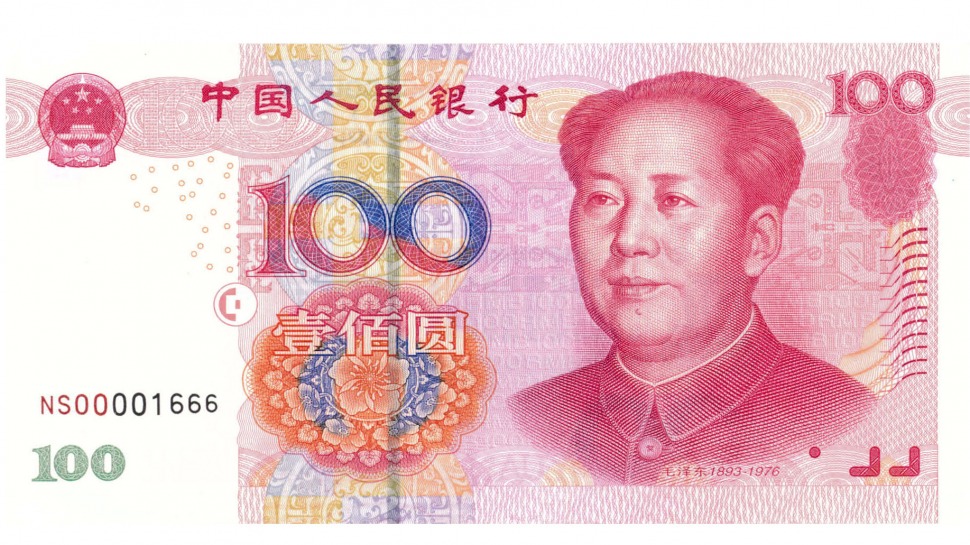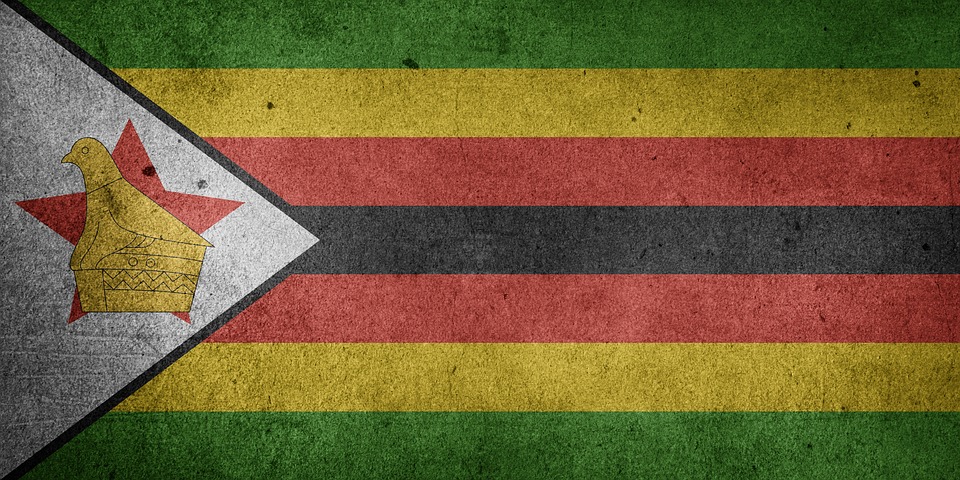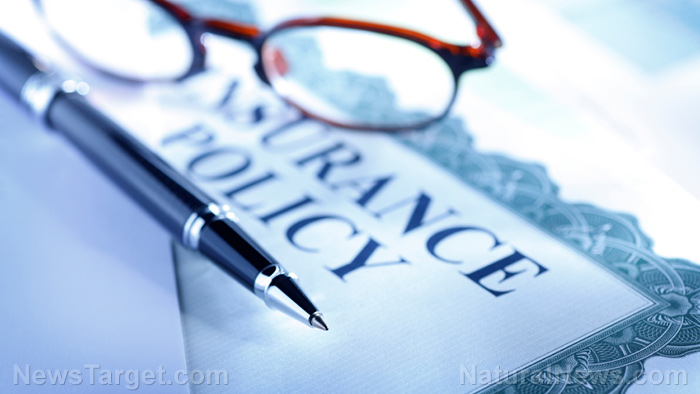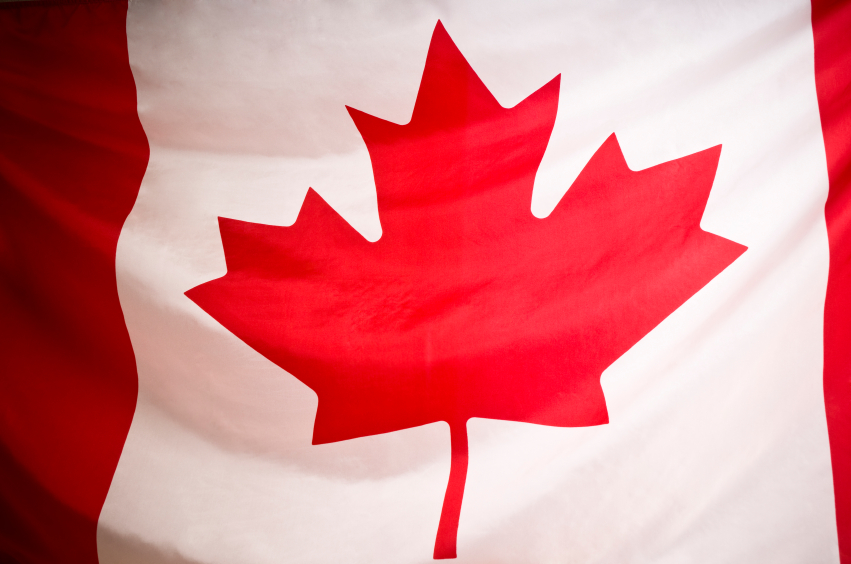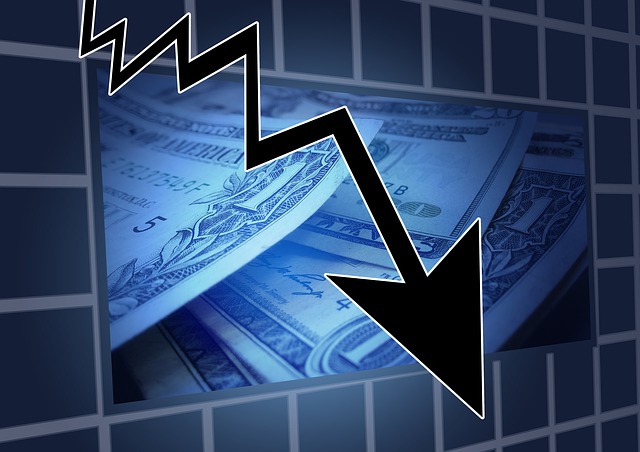How Putin’s gold strategy defeated sanctions
04/01/2024 / By News Editors
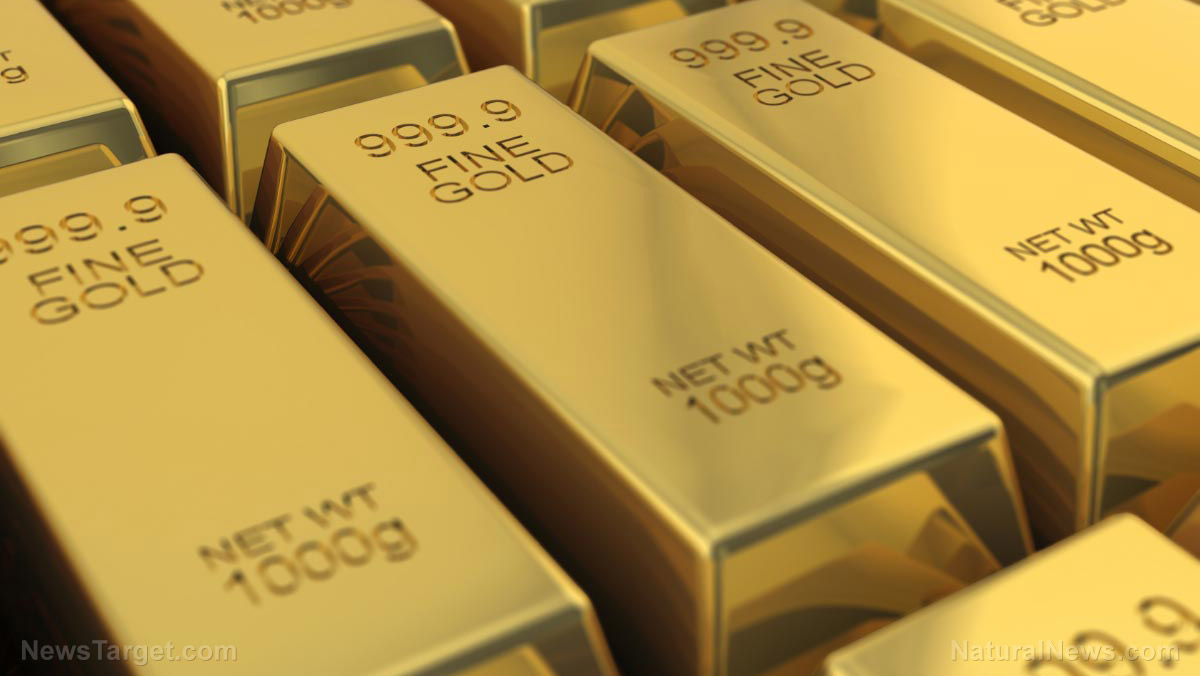
Putin’s gold strategy, implemented in early 2022 by tying the value of the ruble to gold, has successfully countered sanctions, aided by Russia’s status as the world’s second-largest producer of gold.
Russia is the target of more than 16,000 sanctions. Nonetheless, the Russian economy and military apparatus expanded by 3.6% in 2023 and is expected to do so again by 2.6% in 2024.
(Article republished from GreatGameIndia.com)
Russia spends around six percent of its GDP on military expenditures. Vladimir Putin appears to be confident in his plans for the future, while Ukrainian President Volodymyr Zelenskyy is rushing to gather weapons, money, and supporters.
The yacht “Amadea,” owned by Russian oligarch Suleiman Kerimov, who is under sanctions, costs US taxpayers $1 million a month.
How come Putin hasn’t been deterred by 16,000 strategic sanctions imposed by some of the world’s most powerful economies?
While observing the news on CBC regarding Russia’s strong economy, an advertisement from the World Gold Council appeared on the screen, offering a clear solution: gold.
The role of gold
Sanctions in Russia have to be targeted strategically at the environments in which they operate.
Trade and shipping into Russia were the focus of economic sanctions, but the vast gold market was mostly unaffected. The United Kingdom, a significant gold broker with one of the largest gold holdings in the world, stopped importing any gold from Russia after the Russian invasion of Ukraine two years ago.
Russia is currently the world’s second-largest producer of gold, with 324.7 tonnes in 2023, behind China’s 374 million tons, according to the World Gold Council. Up until 2026, Russia is predicted to boost its gold production by 4% per year.
Russia is aiming to boost its gold production over the next two years.
Russia has been getting ready for Western sanctions since 2013, and it has been able to keep its economy apart from transactions that need US cash.
Russia tied the value of the ruble to gold in early 2022, meaning that 5,000 rubles would now purchase one ounce of pure gold. For the ruble to be a reliable alternative to gold at a set rate, the currency was to be moved from a pegged value to the gold standard itself.
Retaining gold reserves is typically justified by the need to pay foreign exchange transactions both domestically and internationally. Owners of gold may trade it on several bullion exchanges; it can also be converted back into bullion after being exchanged for other currencies to pay transactions.
For instance, Venezuela, a nation under severe sanctions, supplied gold bullion to Iran in return for technical support with oil production.
Typically, nations use gold as a safety net to protect themselves from more significant global financial crises. A lot of central banks are buying gold at a rapid rate; in 2022, they will have bought around 1,073 tons. One tonne is equivalent to roughly US$65 million, therefore in 2023, central banks worldwide held $110.6 billion worth of gold.
Gold prices fluctuate
In addition to being the world’s second-largest importer of gold, China is the world’s top producer of the metal. In 2022, China imported gold worth US$67.6 billion, while Switzerland was the biggest importer with US$94.9 billion.
China’s desire for gold is mostly motivated by its need to keep its own currency stable. In 2022, the developer would frequently include a couple of gold bars as a bonus when a buyer bought a brand-new condo in Shanghai.
According to the World Gold Council, gold is the safest asset to invest in during a conflict. However, if that were the case, gold would have been in a perpetual bull market since the time of Tutankhamun, meaning that its current value would be unlimited.
Like everything else, its price changes over time. Putin’s intention to convert the currency into pure gold is therefore desperate rather than brilliant.
The United States, Canada, and the United Kingdom will not touch Russian gold. Others, though, will. Following the British restrictions, the United Arab Emirates (U.A.E.) bought 96.4 tonnes (or US$6.2 billion) of Russian gold in 2022. That is a fifteen-fold increase over the 1.3 tons (US$84.5 million) of imports in 2021.
It’s understandable why, after the war and the sanctions that followed, so many private planes fled Russia for Dubai.
Switzerland is another significant buyer of Russian gold.
Switzerland bought 75 tons of gold from Russia in 2022, worth US$4.87 billion. It bought over US$8.22 billion worth of gold in 2023 from the United Arab Emirates, which does not produce any gold of its own but purchases vast amounts from Russia, and US$3.92 billion from Uzbekistan, Russia’s neighbor to the north.
Russian gold worth billions and billions of dollars is being exchanged easily at top dollar, evading all 16,000 sanctions.
The sanctions imposed globally on Russia haven’t stopped anything because of this. But gold’s value must rise for Putin’s strategy of using it to bolster economic resilience to succeed. His ultimate objective is for gold to replace the US dollar as the primary medium of exchange worldwide.
Consumer activism
This is where the common people can play a role in shaping future developments.
You may currently order an ounce of Swiss gold for CA$ 3,045 if you’re a Costco member (limit two per member, no returns). This investment is not speculative. The value of physical gold won’t triple by Christmas.
A Costco web page featuring a one-ounce gold bar for sale in the United States.
Purchasing gold, on the other hand, protects against inflation and currency depreciation during uncertain times. This is doomsday money, which is precisely why the World Gold Council uses cable news networks to promote gold.
Putin’s strategy will succeed if investors, central banks, and North American consumers become so terrified that they purchase gold in large quantities.
American shoppers bought about US$100 million worth of gold bars through Costco alone in the final quarter of 2023.
Are those bars made of real Russian gold? There probably is given Switzerland’s acquisitions of gold from Russia in 2022 and the United Arab Emirates in 2023.
One option for those concerned about the morality of buying Russian gold is to purchase the Canadian Maple Leaf gold coin, which comes from a single source. It originates from Québec, and the price of gold as a whole rises in tandem with the demand for coins such as these.
However, bars and coins are powerless against the force of central bank demand, which is strong right now.
Tarnishing gold
Gold has to lose its luster to foil Putin’s scheme. A larger supply of gold can result in a cheaper price. As the top producers of gold, the United States, Canada, and Australia all have significant responsibilities to play.
The price of gold likewise tends to decline as interest rates rise. A massive sell-off of government gold reserves may send the ruble into a tailspin, as well as probably the US and Canadian dollars.
No one policy can stop Putin’s ambitions; instead, it will take disruption of the gold supply outside of Russia, which may necessitate the involvement of the United Arab Emirates.
However, with 16,000 sanctions already in place against Russia, Zelenskyy may be in dire need of one more clever sanction on the Emirates at this very moment.
Read more at: GreatGameIndia.com
Submit a correction >>
Tagged Under:
currency clash, currency crash, currency reset, dedollarization, dollar demise, economic riot, economic sanctions, economy, finance, gold, gold report, money supply, Putin, Russia, Russia report, sanction, Vladimir Putin, Xpost
This article may contain statements that reflect the opinion of the author
RECENT NEWS & ARTICLES
COPYRIGHT © 2017 MARKET CRASH NEWS


